Why your dog eats heavy and still loses weight
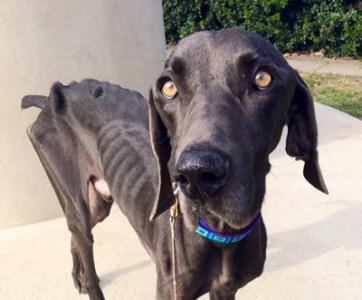
I have heard so many complaints about dogs eating plenty with no corresponding weight gain or wellbeing. I have examined various cases and discovered the reasons which can be ascribed to both the owner or dog handler’s neglect or ignorance. In some cases these problems cannot be foreseen until they become very evident.
How to recognize weight loss in dogs
Some clients will tell me that they noticed the hands are getting too slim or that the dog looks so skeletal but in my own opinion this observation is when the case has gone real bad. To recognize weight loss quickly it is important you keep your eyes at the hindquarters at the sacrum or before the tail of the dog. A normal dog has a full back; meaning that the portion is not bony in appearance. Feel it also.
How come the dog eats and still loses weight
Yes, the trigger to eat in many mammals comes as a request from the body system for food in order to carry out bodily functions like: movement, immune response, growth and development, tissue repairs etc. So when the body has immunity issues it sends a request to the animal to eat in order to build new antibodies which are proteins gotten from food likewise in many other reasons.
Causes of weight loss
Malnutrition: Many dog owners in Nigeria especially the ignorant ones do not know that dogs need balanced meals just like we humans. They tend to feed the dog with leftovers with little value to provide complete nutrition for the dog. Here you find the dog eating much and absorbs little and consequently lose weight.
Intestinal Parasites: Intestinal parasites like worms are the most common cause of this issue in Nigeria. Many people still find it hard to accept that worms can reduce the wellbeing of their pet and therefore pay little attention to it. Schedules deworming dates from the vets are rarely given priority causing cases like this to occur.
Blood Parasites: Many blood parasites can cause this issue including Ehrlichia species, Babesia species, Anaplasma etc. these are mostly transmitted by blood sucking ticks. The activity of these parasites inside the body through the blood causes emaciation or weight loss which is progressive depending on the whether it is chronic or subclinical. These dogs might eat and yet remain emaciated.
Ticks: These are blood sucking ecto-parasites which is a common problem with dog owners worldwide. Some people succeed in reducing their prevalence when others are still struggling. Ticks are not easy to eliminate especially in a compound with gardens and flowers. These ticks can cause anemia or loss of blood through their sucking activities especially in heavy infestation. In this case the body struggles to replace the lost blood cells thereby causing weight loss even when the dog is feed heavily.
Intestinal Diseases: chronic intestinal diseases like Intestinal bowel disease (IBD) often mistaken for other forms of intestinal disease can be a major cause of this issue. In this case the dog finds it hard to absorb nutrients from food in the bowel due to changes that occurred in the intestinal lining making it difficult to absorb nutrients from food.
Solutions
It is important to feed your dog with food with balanced nutrients. If you don’t know what to feed the dog ask people that own dogs around you that you can see good results from their dogs. Contact a vet to give you suggestions. Many commercial dog foods are self-explanatory, check them out and purchase the most appropriate food for your dog.
Always make sure you don’t miss the deworming schedule given to you by your vet for your dog. Follow the dates strictly to make sure you get the best from your dog.
Speak to a vet about the problem with your dog so that he can carry out an appropriate diagnosis to determine exactly what the underlining problem is and treat accordingly.
Control ticks from the environment and on the body of your pet. There are many products available to help you accomplish this. A vet can help you with a better choice with better success in your environment.


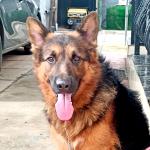

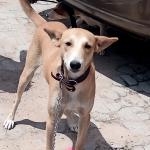
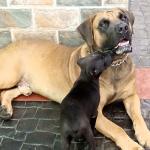
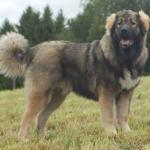



Pls can I have the time table of food for my dogs and the canind of food I can give them and the names thanks very much Shola
Leave a Reply
@shola you need to provide me with the breed and age of you dog. I sincerely want to avoid advertising any commercial dog food but I can provide suggestions. Your location will also be valuable so that I can suggest the food u can find there.
Leave a Reply